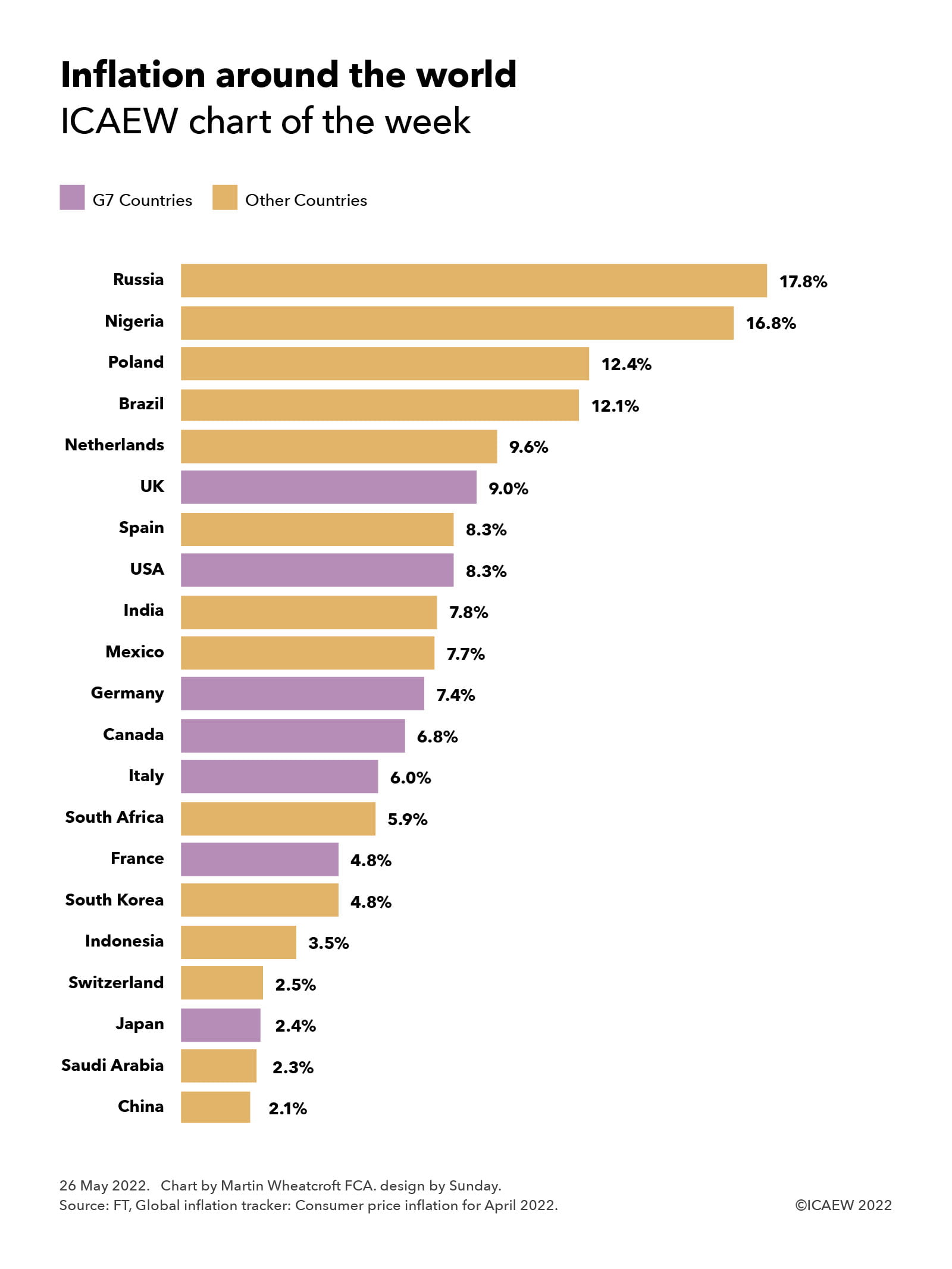In reply to VolvoHeretic :
I have noticed two things:
1) The last tax cut for corporations did only one thing, instead of investing in their workforce or equipment, all they did was buy back their own stock, artificially inflated their stock price, which did nothing to increase production one iota.
Really, only one thing? Every corporation, and all they did was buy back their own stock? While the underlying premise of your statement could warrant discussion, starting from there implies that you have no interest in having an honest discussion or in understanding how business works. The reality is that corporations had a number of ways that they could have used the tax cuts. And they didn't have to do any one thing, it could have been a combination of a dozen things. A stock holder is an owner of a piece of the company. Being an owner, you would expect a return on investment- you expect the stock price to go up. That's why the company is in business, to make money. And why one would own a piece of the company, stock. It's job is not to redistribute wealth. If I own stock in a company, I expect them to run the company in a way to maximize the return on my investment. Taking the money and just giving it to the employees is taking my money and giving it to others. While I see why this is attractive to employees, this is not attractive to investors. Without the investors, you have no employees. If the increase in wages can be shown to lead to an increase in profitability, then that would be a valid reason to use the tax cuts to increase wages. There are dozens of other places that money could be used- R&D, marketing, capital investments, lowering the price to the consumer- the company wants to maximize their return in each of these areas. Getting the balance right is much easier said than done, and the better job they do allocating their resources, the more successful the company. If they don't expect an acceptable return in those areas, they may chose to use some of it to buy back stock. Buying back stock is a means of providing value for their shareholders. It also results in the company controlling a greater percentage of their stock, and can indirectly affect stock values as a result of the company showing confidence in itself. And it's not artificial- the stock can go up due to the lower supply and increased confidence- demand- of the stock. There is a lot more too it, plus and minus.
Now, short term and long term investment into the company is a whole different subject.
2) I judge inflation by the cost of a 4x8 sheet of 7/16" OSB at Menards. 15 or 20 years ago it was $6 dollars a sheet. In 2019 it was $50 a sheet and today it is $16 a sheet.
Can you not see the problem with trying to make an educated conclusion with one data point? Or is the only product that you buy 7/16" OSB? I suppose you can build things out of it and burn it for fuel. Clothing would be uncomfortable. I wouldn't want to eat it, but I've had worse.



































